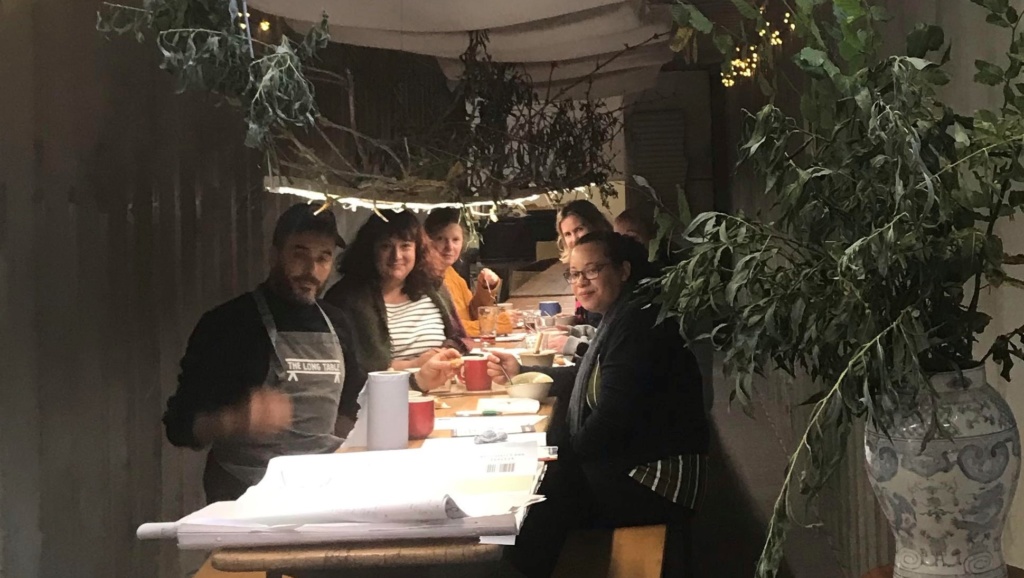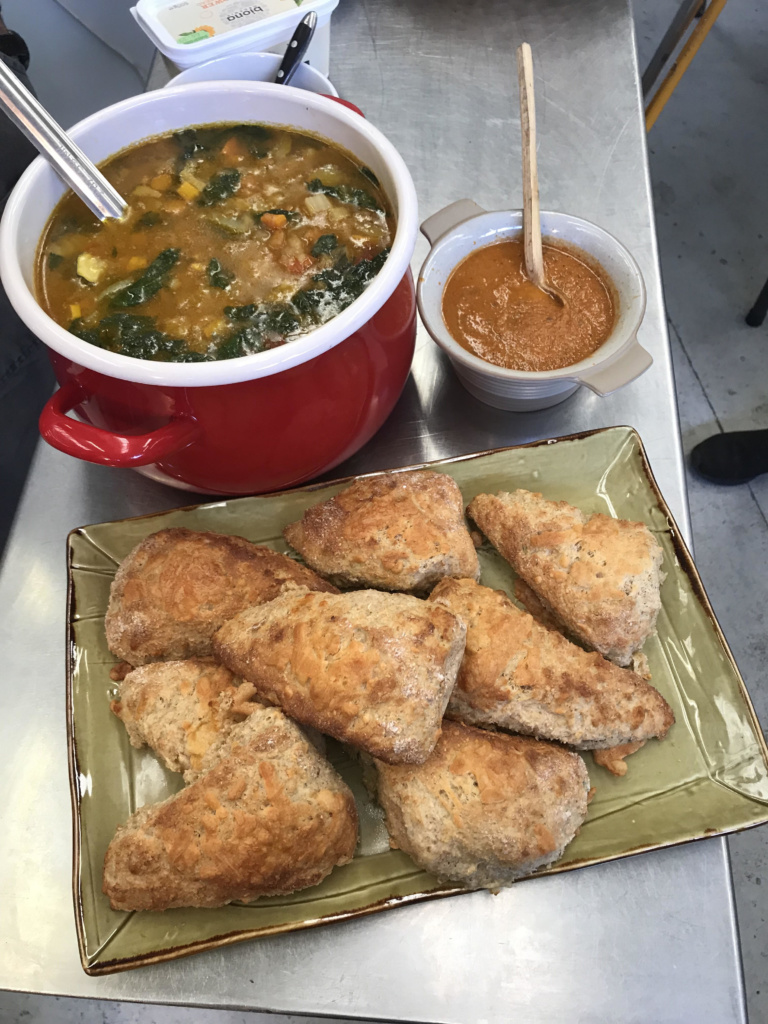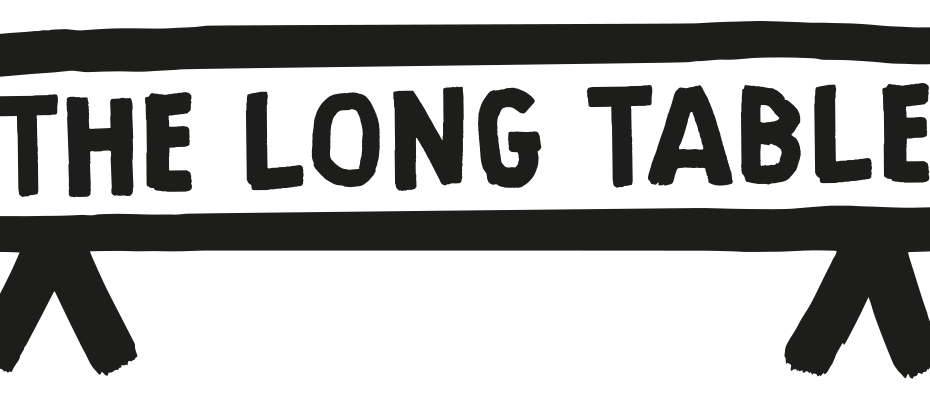“What if everyone had good food and someone to eat it with?” This is what Will Mansell, co-founder of The Long Table, believes is the solution to the national food crisis.
Based in Stroud, Gloucestershire, The Long Table is a community kitchen which serves food that would otherwise have been binned. Wonky veg or surplus meat won’t go to waste here. Pre-lockdown, lunch and dinner is served for around 40 people (including staff) throughout the week. It also hosts a cookery school and discussion groups.
The ethos behind the project is more than just providing a free meal. It’s about people learning to cook healthy food, building a community, looking after the environment and creating employment. The Long Table is part of a group of businesses including a furniture bank, and a children’s clothes and toy store (Kids’ Stuff). There are 35 paid staff, no volunteers or free labour. “People need jobs to buy food,” says Will.

When we went into lockdown, the business had to adapt. “Lockdown was a real reminder of how rubbish our food system is,” says Will. The problem wasn’t just about being able to afford food, but being unable to access it. Older people or people living in remote areas could no longer travel to the shops to buy food.
The Long Table started delivering frozen ready meals to people’s homes. People phone or email to order their meal and somebody delivers it to their front door. This human element means that even in lockdown people felt part of a community. Soon other kitchens joined in (including Sober Parrot, Roots Cafe and more). Before they knew it they had a county-wide network delivering a whopping 40,000 meals.

The model operates a “pay as you feel” basis. Everybody receives a meal and becomes a customer. This creates the idea of a ‘collective’ which Will believes is important to our mental wellbeing, “Eating as a collective reduces the feeling of isolation,” says Will. “We’re much better off living in a community than as individuals.”
It is different to a food bank, where most of the time we get what we are given. The Long Table model offers choice, not to mention a nutritious and healthy meal.
“This self-perpetuating [social enterprise] model transforms the idea of a foodbank and tackles the roots of food poverty,” says Will.
The furniture bank and kids toy store work in a similar way to The Long Table. People with less money can buy white goods and other household items at a heavily discounted price. People with more cash to splash can buy luxury items at a higher price. So it all balances out.
Will believes his approach can be replicated nationally: “We believe this model can end food poverty nationally, if not globally.”
Look out for next month’s Reader’s Club for Community Food Stories #2. (Not a subscriber yet? Sign up here.)




